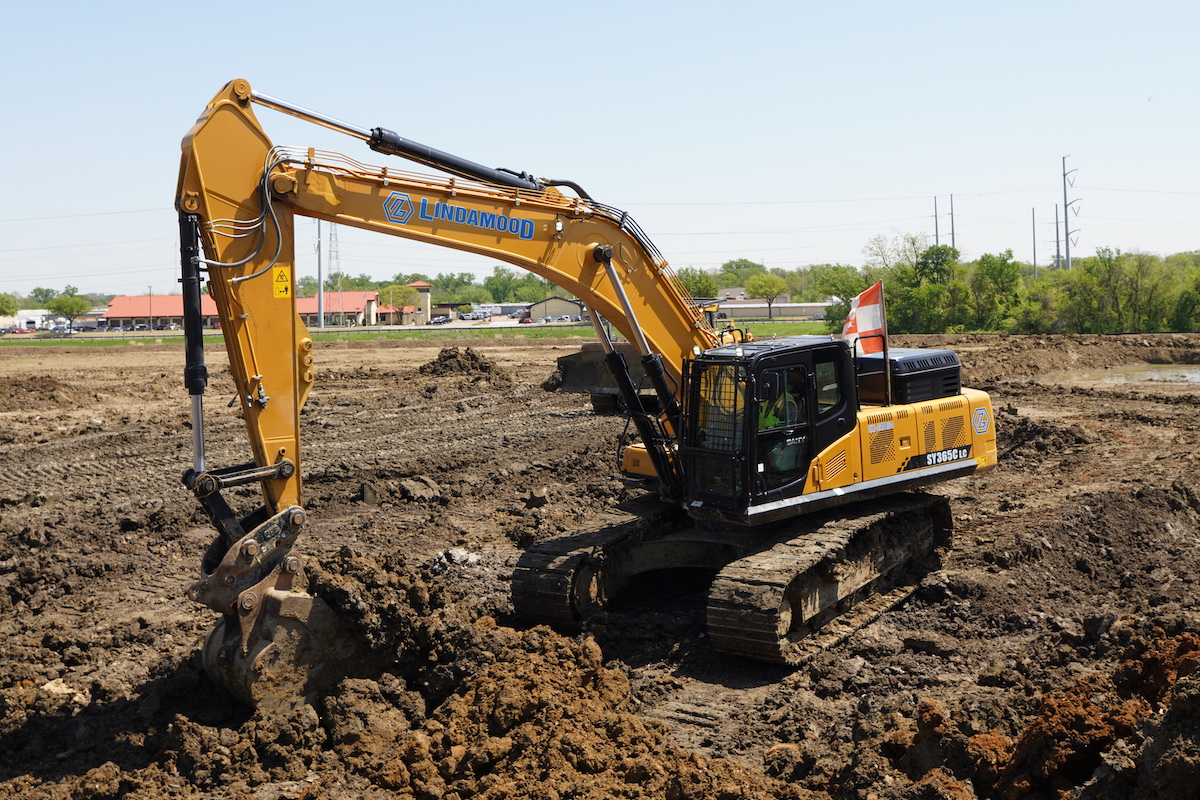Although inflation is slowing, given the strong level of aggregate demand, we are confident that middle market firms will retain some measure of pricing power.
Solid demand underscores the fact that 45 percent of the executives said they had increased inventories in the current quarter, down slightly from the 47 percent that did so in the fourth quarter. In addition, 58 percent said they intend to increase inventories over the next six months, reflecting robust expectations around gross revenues and net earnings in the survey.
That being the case, it is not surprising that while only 19 percent of senior managers from the middle market companies indicated their access to credit was easier, 43 percent of these managers plan to borrow more capital going forward. Both of those figures eased from last year, which may indicate that robust business conditions and rising revenues have provided a much-needed respite from the pricing pressures of the past three years.
Should that strength continue, it would suggest that middle market firms have made their final adjustment to the shocks of the pandemic era and have pivoted into the emerging business conditions of a new economic era.

| Your local Sennebogen LLC dealer |
|---|
| WPI |
| ASCO Equipment |
“Middle market businesses’ continued optimism reflects the U.S. economy’s ongoing strength," said Neil Bradley, Executive Vice President and Chief Policy Officer at the U.S. Chamber of Commerce. “It’s encouraging that businesses in the middle market remain positive about the economic outlook and their own revenue growth despite the fact that rising regulatory burdens and workforce challenges are creating headwinds and constraining growth.”
Cybersecurity budgets are set to rise relative to their organization’s revenues for nearly 37 percent of middle market companies whose executives were surveyed in the Q1 RSM US Middle Market Business Index (MMBI) survey, but a disparity in resource deployment exists between smaller midsize companies (those with $10 million to $50 million in annual revenue) and larger organizations (annual revenue of $50 million to $1 billion).
Just 29 percent of smaller firms will boost their cybersecurity budgets, while nearly half, or 48 percent, of larger firms had plans to do so. The budget allocations come as breaches are on the rise. Overall, 28 percent of middle market organizations polled were breached last year, up from 20 percent a year earlier.
Ransomware attacks eased overall — with 30 percent of businesses in the MMBI indicating they had experienced at least one incident over the past year compared to 35 percent in 2023.
Adding to the buoyant outlook, 59 percent said they intend to bolster productivity-enhancing capital expenditures. Based on the survey results overall, the primary takeaway is that executives have a bullish outlook on the year even as economic growth moderates from the blistering 3.1 percent pace of last year.
Results from the current quarter were a reflection of the economy’s resilience: 45 percent noted an improvement in current economic conditions, 46 percent said gross revenues and net earnings had improved, and 48 percent said they had accelerated their investments in capital expenditures.
Since the tail end of 2020, or 14 straight quarters, most middle market executives have said they intend to increase their outlays on software, equipment, and intellectual property that make up cumulative capital expenditures.
In the post-pandemic era, we have consistently noted that middle market firms should not anticipate a return to the pre-crisis status quo on inflation and employee compensation, and the current survey’s data reflects those new realities.






































































